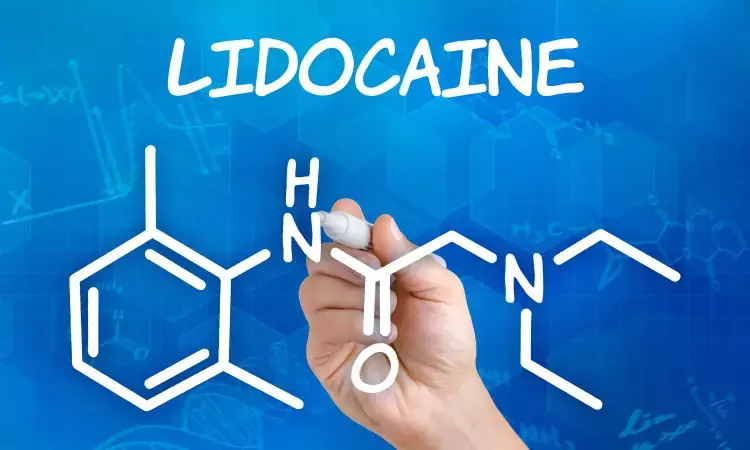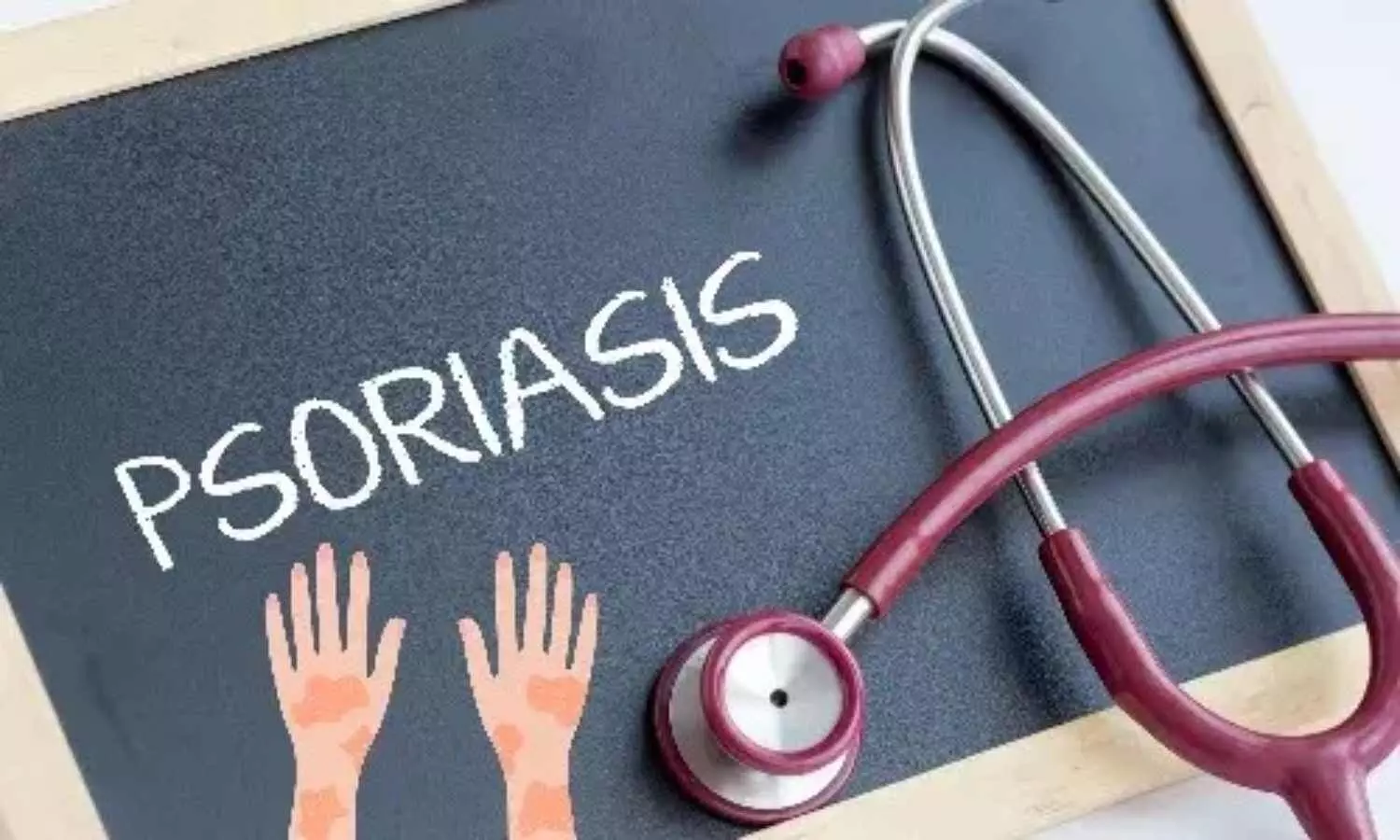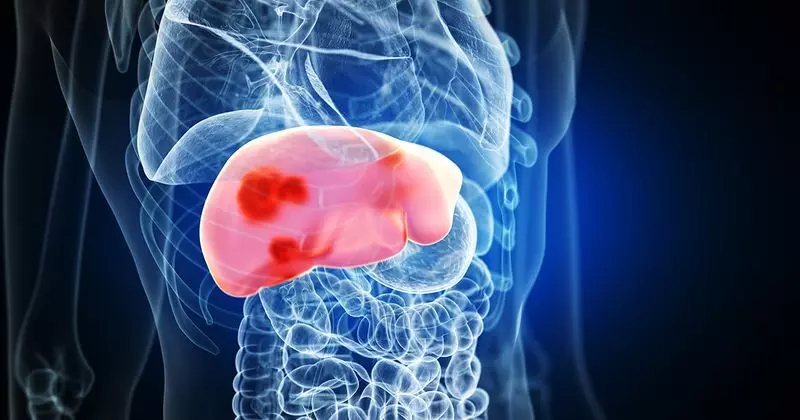- Home
- Medical news & Guidelines
- Anesthesiology
- Cardiology and CTVS
- Critical Care
- Dentistry
- Dermatology
- Diabetes and Endocrinology
- ENT
- Gastroenterology
- Medicine
- Nephrology
- Neurology
- Obstretics-Gynaecology
- Oncology
- Ophthalmology
- Orthopaedics
- Pediatrics-Neonatology
- Psychiatry
- Pulmonology
- Radiology
- Surgery
- Urology
- Laboratory Medicine
- Diet
- Nursing
- Paramedical
- Physiotherapy
- Health news
- Fact Check
- Bone Health Fact Check
- Brain Health Fact Check
- Cancer Related Fact Check
- Child Care Fact Check
- Dental and oral health fact check
- Diabetes and metabolic health fact check
- Diet and Nutrition Fact Check
- Eye and ENT Care Fact Check
- Fitness fact check
- Gut health fact check
- Heart health fact check
- Kidney health fact check
- Medical education fact check
- Men's health fact check
- Respiratory fact check
- Skin and hair care fact check
- Vaccine and Immunization fact check
- Women's health fact check
- AYUSH
- State News
- Andaman and Nicobar Islands
- Andhra Pradesh
- Arunachal Pradesh
- Assam
- Bihar
- Chandigarh
- Chattisgarh
- Dadra and Nagar Haveli
- Daman and Diu
- Delhi
- Goa
- Gujarat
- Haryana
- Himachal Pradesh
- Jammu & Kashmir
- Jharkhand
- Karnataka
- Kerala
- Ladakh
- Lakshadweep
- Madhya Pradesh
- Maharashtra
- Manipur
- Meghalaya
- Mizoram
- Nagaland
- Odisha
- Puducherry
- Punjab
- Rajasthan
- Sikkim
- Tamil Nadu
- Telangana
- Tripura
- Uttar Pradesh
- Uttrakhand
- West Bengal
- Medical Education
- Industry
Study shows 0.25% lidocaine as effective as 0.5% Lidocaine for Dermatologic surgery: Study

Recent research found that 0.25% lidocaine is as effective as the commonly used 0.5% concentration in dermatological surgeries, with potential benefits of patient safety and effectiveness. The 0.25% dosage was satisfactory to the patients with an advantage of reduced risk of potential toxicity. The trial results were published in the journal Dermatologic Surgery.
Lidocaine is a local anesthetic extensively used in dermatologic surgery. It is the staple anesthetic of choice for procedures such as Mohs surgery and standard excisions. Despite its widespread use, there is no formal standard was established for the optimal concentration of lidocaine to be used in these procedures. Most of the surgeons use 0.5% due to the lack of standardized concentration guidelines across clinics. However, recent literature has challenged this norm by suggesting that more dilute concentrations of lidocaine may be equally effective while offering additional benefits, including reduced toxicity risks and conservation of lidocaine supplies—critical during periods of shortage. As research showed that more dilute lidocaine concentrations may achieve similar anesthetic effects while minimizing risks, Yelena et al from Baylor College of Medicine, Houston, Texas conducted a study to evaluate the efficacy of 0.25% lidocaine in comparison to 0.5% lidocaine. They carried out a double-blind, randomized controlled trial to determine if the lower concentration could provide adequate anesthesia during dermatologic surgery, specifically in Mohs surgery and standard excisions, without compromising patient comfort or safety.
The trial involved 100 patients who were randomized to receive either 0.25% or 0.5% lidocaine for percutaneous anesthesia before undergoing cutaneous surgery. Objectivity was maintained by blinding both the patients and the surgeons to the concentration being administered. Postoperatively, patients responded to a survey that assessed their pain levels during the procedure, overall satisfaction with the anesthesia, and their willingness to undergo future dermatologic surgeries under the same conditions.
Findings:
- The trial found no statistically significant differences between the two groups.
- Patients who received 0.25% lidocaine reported similar pain levels, satisfaction rates, and willingness to undergo future procedures as those who received 0.5% lidocaine.
- Additionally, there was no notable difference in the total volume of lidocaine used or the need for rescue doses of additional anesthetic.
Thus, the study concluded that 0.25% lidocaine is a safe and effective option for achieving anesthesia during Mohs surgery and standard excisions in dermatology. Lower concentration of the drug can provide comparable anesthetic efficacy to the standard 0.5% concentration. It also has the added advantage of patient safety by reducing the risk of toxicity. Furthermore, usage of the dilute solution for dermatological procedures could help conserve supplies, a significant consideration during times of lidocaine shortages. These results pave the way for optimized, high-value care in dermatologic surgery, prioritizing both patient safety and resource management.
Further reading: Dokic, Yelena MD; Mireles, Nabor Stephen BSA; Hu, Aileen Y. BS; Joshi, Tejas P. BS; Shimizu, Ikue MD; Ranario, Jennifer Song MD, MBA*. Efficacy of 0.25% Lidocaine Versus 0.5% Lidocaine in Dermatologic Surgery: A Double-Blind, Randomized Controlled Trial. Dermatologic Surgery ():10.1097/DSS.0000000000004319, July 12, 2024. | DOI: 10.1097/DSS.0000000000004319
BDS, MDS
Dr.Niharika Harsha B (BDS,MDS) completed her BDS from Govt Dental College, Hyderabad and MDS from Dr.NTR University of health sciences(Now Kaloji Rao University). She has 4 years of private dental practice and worked for 2 years as Consultant Oral Radiologist at a Dental Imaging Centre in Hyderabad. She worked as Research Assistant and scientific writer in the development of Oral Anti cancer screening device with her seniors. She has a deep intriguing wish in writing highly engaging, captivating and informative medical content for a wider audience. She can be contacted at editorial@medicaldialogues.in.
Dr Kamal Kant Kohli-MBBS, DTCD- a chest specialist with more than 30 years of practice and a flair for writing clinical articles, Dr Kamal Kant Kohli joined Medical Dialogues as a Chief Editor of Medical News. Besides writing articles, as an editor, he proofreads and verifies all the medical content published on Medical Dialogues including those coming from journals, studies,medical conferences,guidelines etc. Email: drkohli@medicaldialogues.in. Contact no. 011-43720751




